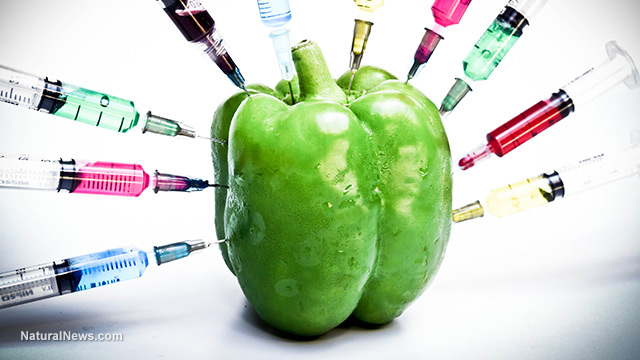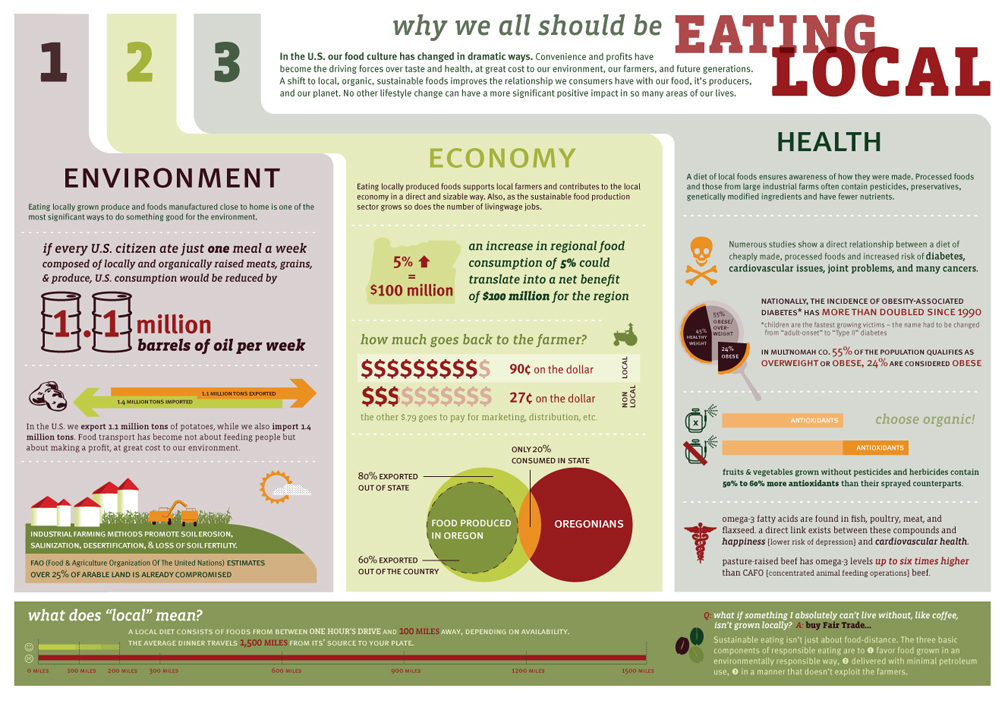
https://www.naturalnews.com/gallery/640/GMOs/GMO-Bell-Pepper-Injections.jpg
In recent times there has been an increase in awareness of the downsides associated with industrial agriculture. The loss of soil, inefficient water and resource usage, toxic chemicals, poorly regulated GMO’s, and the inhumane environments for animals. With such a long list of skeletons, it’s no wonder that a range of movements to shift away from this system have popped up around the world. From urban farming to localism we have seen a dramatic shift in how we want to reduce our impact, while also controlling what we put in our bodies. This begs the question, is this driven by nutritionism? Perhaps a statistics and calorie counting obsessed western culture is just running down another fad? This time we are seeing more introspective and wholistic analysis of the problem. Urban farming is not only a food resource, it is a community building system.

http://healthylivingjunkie.com/why-you-should-not-calorie-count/
With the urban environment being dense, yet isolated, the urban garden spaces like those on tops of rail stations in Tokyo help bring people calm, community, and healthy food to eat. In conjunction with individual decisions like eating locally produced foods, there are many businesses making similar decisions. The Pacific Northwest is a great example of a region that has focused on the localism and farm to table models. With many restaurants in cities like Seattle and Portland offering local produce, local fish, and local meat, at true market prices, people are inclined to eat more vegetables and less animal products. The various movements we see today are focused on bringing healthy, and affordable food to our tables, whether we grow it ourselves, or but local at the grocery store, the overlap is in health, lowered ecological impact, and community. The differences in how best to reach this goal is where many organizations and movements don’t agree, but that is not nearly as important as the shift away from industrial agriculture.

